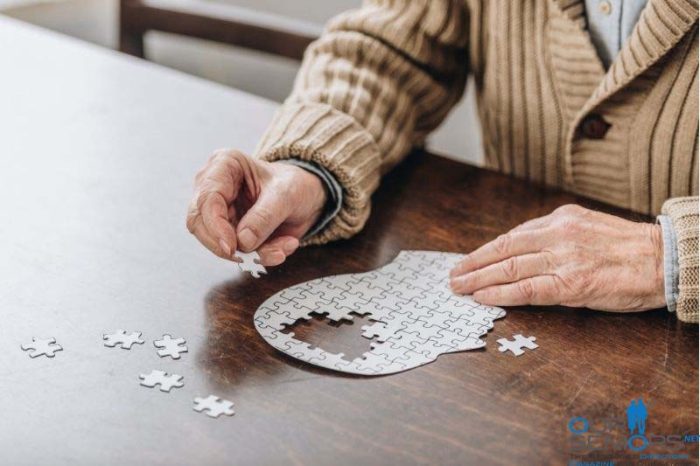Feeling tired all the time, losing interest in hobbies, feeling nervous and even feeling ill could all be signs that your mental or emotional health is suffering. And it’s not just you! The pandemic has increased feelings of stress, anxiety and sadness for many people. But there are things you can do about it. We interviewed Nicole Osti, a Licensed Social Worker who works as a psychotherapist. Nicole offers her advice on how to take care of your mind and emotions during the pandemic.
According to Nicole, 2020 and COVID-19 have had a huge effect on people. “The loss of normality is having a devastating effect on all of us,” she explains “The system that we depended on has been destabilized during what is widely considered both an epidemiological and psychological crisis. Our systems are being flooded with cortisol on a daily basis and our ability to regulate it has all but disappeared. As a whole, we are experiencing a collective sense of grief and cycling through the five stages: denial (isolation), anger, bargaining, depression, and acceptance. But grief is not a linear process, so any of us will experience these stages out of order or more than one at a time for an extended period.”
Signs and symptoms of anxiety, depression or just general overload can differ. “Watch for any changes in eating and sleeping patterns,” she says. “There is also difficulty concentrating (COVID brain fog is a fun new thing we’re learning about), increased use of substances, worsening of chronic health conditions, heightened sense of fear/worry (specifically agoraphobia), and fatigue (thanks to the overabundance of cortisol in our system).”
While seeking professional help is always the best place to start, there are things people can do for themselves that can help alleviate these feelings. “My colleagues and I recommend hitting four main areas: physical activity, socialization (virtually or masked/social distanced depending on comfort level), creating structure, and engaging in a passion project,” Nicole suggests. “Physical activity doesn’t have to mean exercise. We recommend something as simple as stepping outside and breathing, as nature boosts endorphin levels and dopamine production to promote a feeling of well-being. For socialization, everyone I know has either been on a Zoom meeting or a Google meet get-together (or has access to a phone/FaceTime) – use that to your advantage.”
Remember to stay in touch with friends and loved ones. It’s important. “Cultivating and maintaining relationships with others builds our self-esteem, reinforces a sense of identity, and decreases our overall stress levels,” she advises.
Keeping some kind of schedule is also important. “In terms of creating structure, creating and maintaining a daily routine has been proven to reduce stress, promote positive daily habits, and sets boundaries and limitations on work (especially work from home jobs) while prioritizing self-care,” Nicole says.
This is also a great time to try something you have always meant to do—that’s what Nicole and her colleagues call “passion projects.” “Like to write? Read? Paint? Dance? Sing? Now is a great time to engage in something you love to do.”
It’s also important to take a break from the news, especially on the computer. “Stop doom scrolling! Take a break from social media. Your mental health will thank you for it.”
Always remember to give yourself a break, too. Everyone is suffering right now, so there is no need to feel alone or to feel like everyone else is fine but you. “No one expects you to be perfect or to go about life pretending everything is fine,” she reminds us. “Acknowledge what you’re feeling without letting it define or control you. It is ok to not be ok.”

